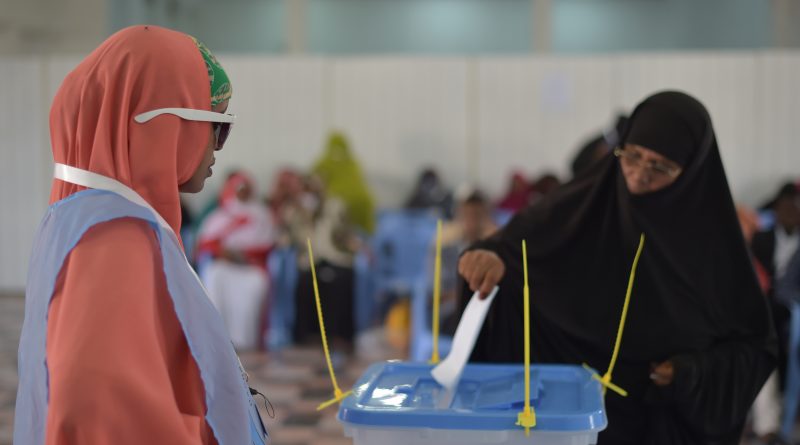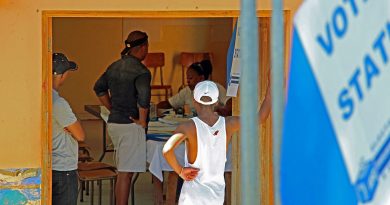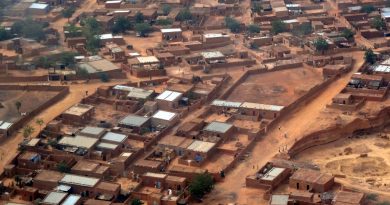Somaliland Election: Shining Democracy over a Complex Region
Somaliland, the northwest region of the state of Somalia, declared independence on May 18, 1991. During the three decades that followed, the Somaliland leadership managed to build a state and a political system with significant democratic characteristics. Although Somaliland cannot be classified as an “embedded democracy” in a Western sense, its people have developed a vibrant democratic political culture over the last thirty years. The extraordinary pressure from Somalilanders and their vibrant civil society organizations has kept the political elite in check and ensured the establishment of a largely democratic order in the otherwise complex region characterized mostly by authoritarianism. In comparison with Eritrea, where elections have not been held since the independence, Sudan, where it took a popular revolution to oust the authoritarian regime, Djibouti, where the president recently secured his fifth consecutive term, Ethiopia, where the general election will be held in June 2021 in questionable circumstances, or Somalia, where the wrangling over the presidential election has resulted in violence and significant delays, Somaliland’s repeatedly democratic elections are unique. The recent parliamentary and local council elections are therefore yet another manifestation of Somalilanders’ commitment to advancing democracy.
On May 31, 2021, Somaliland held its second-ever parliamentary election. Members of the lower chamber of the legislature, the House of Representatives, 82 in total, were elected in a direct vote from Somaliland’s six regions. The importance of the increasingly urbanized capital region, Maroodijeex, was highlighted by the allocation of 20 seats to it. For the first time ever, a simultaneous local council election, in which 249 members were elected, coincided with the parliamentary vote. Somaliland’s three political parties, the social liberalist Kulmiye (Peace Unity, and Development Party), the nationalist-moderate Islamist Waddani, and the social-democratic UCID (Justice and Welfare Party), dictated by the constitution, contested the election.
Based on the one person-one vote principle, unlike the upcoming presidential election in federal Somalia, were generally considered as well-organized and free and fair. They received unprecedented external support and the highest ever number of international election observers in any Somaliland election. The voter registration and verification were done without major difficulties by using biometric iris recognition technology, which Somaliland had used first in the world in its 2017 presidential election. The elections were supervised by thousands of security services personnel to ensure stability during the process.
More than one million Somalilanders were registered to vote in 2,709 polling stations. Although the voter turnout was lower than expected, the elections were generally successful. In the parliamentary vote, the opposition party Waddani gained 31 seats, the Kulmiye, the party holding the nation’s presidency, took 30 seats, and the UCID gained 22 seats. Meanwhile, although at the local council level Kulmiye collected most seats, the two opposition parties formed a coalition to control both the House of Representatives and local councils. Overall, the election results show that Somaliland’s political system provides a relatively level playing field in which opposition parties have a real possibility of obtaining power and political transition is possible in a democratic manner. This is extraordinary, particularly in the Horn of Africa where incumbent regimes tend to hold power for long periods.
Finally, Freedom House’s Freedom in the World report indicates, Somaliland’s political system is still not highly rated in terms of political rights and civil liberties. However, yet another successful election has served as a step towards a more consolidated democratic system especially in a complex neighborhood in which Somaliland can be considered by far the most democratic polity. Although the status of an “embedded democracy” still lies on the horizon, Somaliland has again shown important promise for democracy in a troubled region despite receiving little international support. While many Somalilanders hope that yet another successful election helps to advance its claim for international recognition, among the most daunting challenges for moving towards a more consolidated, Western-type, democracy still includes the respect for the constitutionally set term limits for the executive, the legislature (the House of Elders and the House of Representatives), and local councils.
For further reading:
Aljazeera. (2021, June 6). Somaliland elections: Opposition parties win majority of seats. https://www.aljazeera.com/news/2021/6/6/somaliland-opposition-wins-first-parliamentary-polls-since
Freedom House. (2021). Somaliland. https://freedomhouse.org/country/somaliland/freedom-world/2021
Hansen, S. J., & Bradbury, M. (2007). Somaliland: A new democracy in the Horn of Africa? Review of African Political Economy, 34(113), 461–476.
Reuters. (2021, May 31). Somaliland holds first parliamentary vote since 2005. https://www.reuters.com/world/africa/somaliland-holds-first-parliamentary-vote-since-2005-2021-05-31/
The opinions expressed in this text represent the views only of the author and do not bind the Centre for International Studies, its management or any other researcher. Photo by / CC0
![]() This work is licensed under a Creative Commons Attribution-NonCommercial-ShareAlike 4.0 International License.
This work is licensed under a Creative Commons Attribution-NonCommercial-ShareAlike 4.0 International License.




